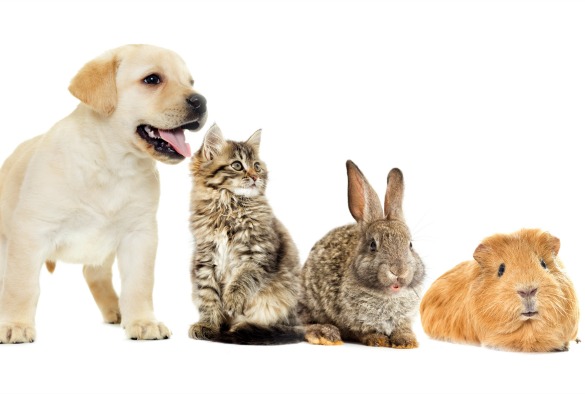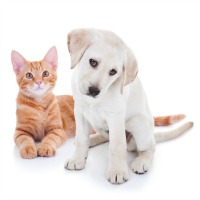Big data funding boost to improve small animal health

The Small Animal Veterinary Surveillance Network (SAVSNET) has been awarded £700K from the Biotechnology and Biological Sciences Research Council (BBSRC) to expand its database of UK pet health records and support more ‘big data’ research into animal and human diseases.
SAVSNET, which was established in 2011 as a partnership between the University of Liverpool and the British Small Animal Veterinary Association (BSAVA), currently hosts two large data resources containing more than 900,000 pet health records and 40 million test results from diagnostic laboratories and veterinary practices across the UK.
Health informatics, where large volumes of electronic patient health records are anonymised and compiled into a ‘big data’ resource, is already being used in human medical research to allow new research insights and discoveries, yet remains a relatively unexplored opportunity in the veterinary world.
‘One-stop-shop’
This data provides disease information and surveillance updates, as well as a growing portfolio of research collaborations that includes studies on preventative health care, antibacterial use, and respiratory and gastrointestinal diseases.
The new funding will enable more laboratories and veterinary practices to contribute data to the network and support the development of an online ‘one-stop-shop’ for researchers to access and analyse the data more easily.
Links with the Farr Institute hub at the University of Manchester, which uses big data to advance medical research, will also be strengthened through the development of text mining tools, to unlock research meaning from clinical data entered by vets and nurses.
Significant impact
Dr Alan Radford, SAVSNET academic lead, said: “These tools will be developed as part of two strategically important research projects on antibacterial resistance and the seasonality of tick diseases, highlighting the potential impact of these kinds of ‘big data’ on both animal and human health.”
Tricia Colville, BSAVA Senior Vice President, said: “Health surveillance is critical to understanding diseases in populations, with the potential to have a significant impact on animal health.
“BSAVA knew how important it was to support SAVSNET in its development, and we are delighted with this latest funding. The veterinary profession and animal welfare will be better off thanks to the insights SAVSNET can give us. This is an important development, with the potential to see the practical application of science working in practice.”
Pet owners wishing to contribute to SAVSNET should talk to their Veterinary surgeons.
Veterinary surgeons and diagnostic laboratories wanting to take part should contact SAVSNET directly: http://www.liv.ac.uk/savsnet/
